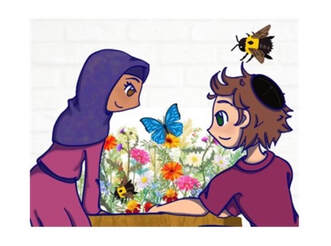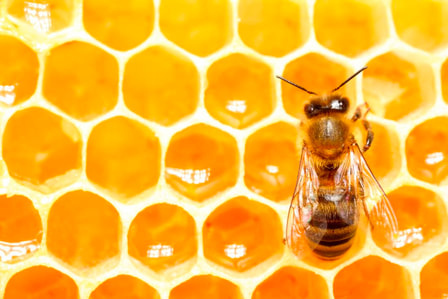Restoring Paradise Talk

Mental, Ecological and Community Rejuvenation through Native Plant Gardening.
The COVID pandemic took a toll on all of us. Other crises hover on the horizon. We need a simple, low-cost way to strengthen our resilience, rebuild our communities, and restore our mental well-being, all while protecting this beautiful planet we call home. Does such a solution exist? Yes! Learn how caring for native plants and bees in spaces large and small can rejuvenate your community, strengthen social bonds, and deepen your spirituality.
The COVID pandemic took a toll on all of us. Other crises hover on the horizon. We need a simple, low-cost way to strengthen our resilience, rebuild our communities, and restore our mental well-being, all while protecting this beautiful planet we call home. Does such a solution exist? Yes! Learn how caring for native plants and bees in spaces large and small can rejuvenate your community, strengthen social bonds, and deepen your spirituality.
Sweeter than Honey Talk
|
Bees have captured the human imagination since prehistoric times. They have been used as metaphors, allegories and symbols that express human desires for social harmony, resurrection, and love, both human and divine. Learn more about the significance of bees and honey to our cultural and religious traditions through this talk by Carrie B. Dohe (Ph.D., Study of Religions). |

